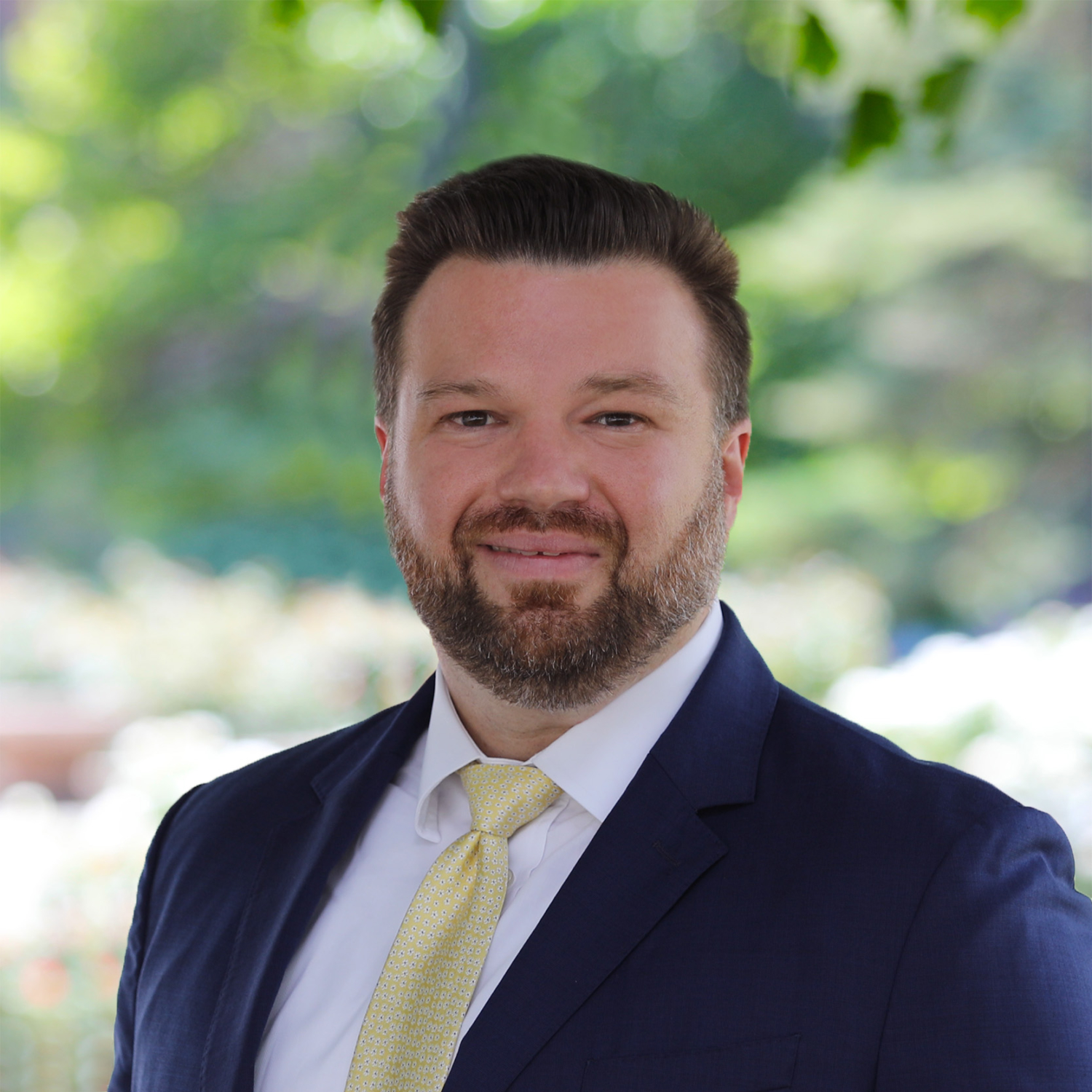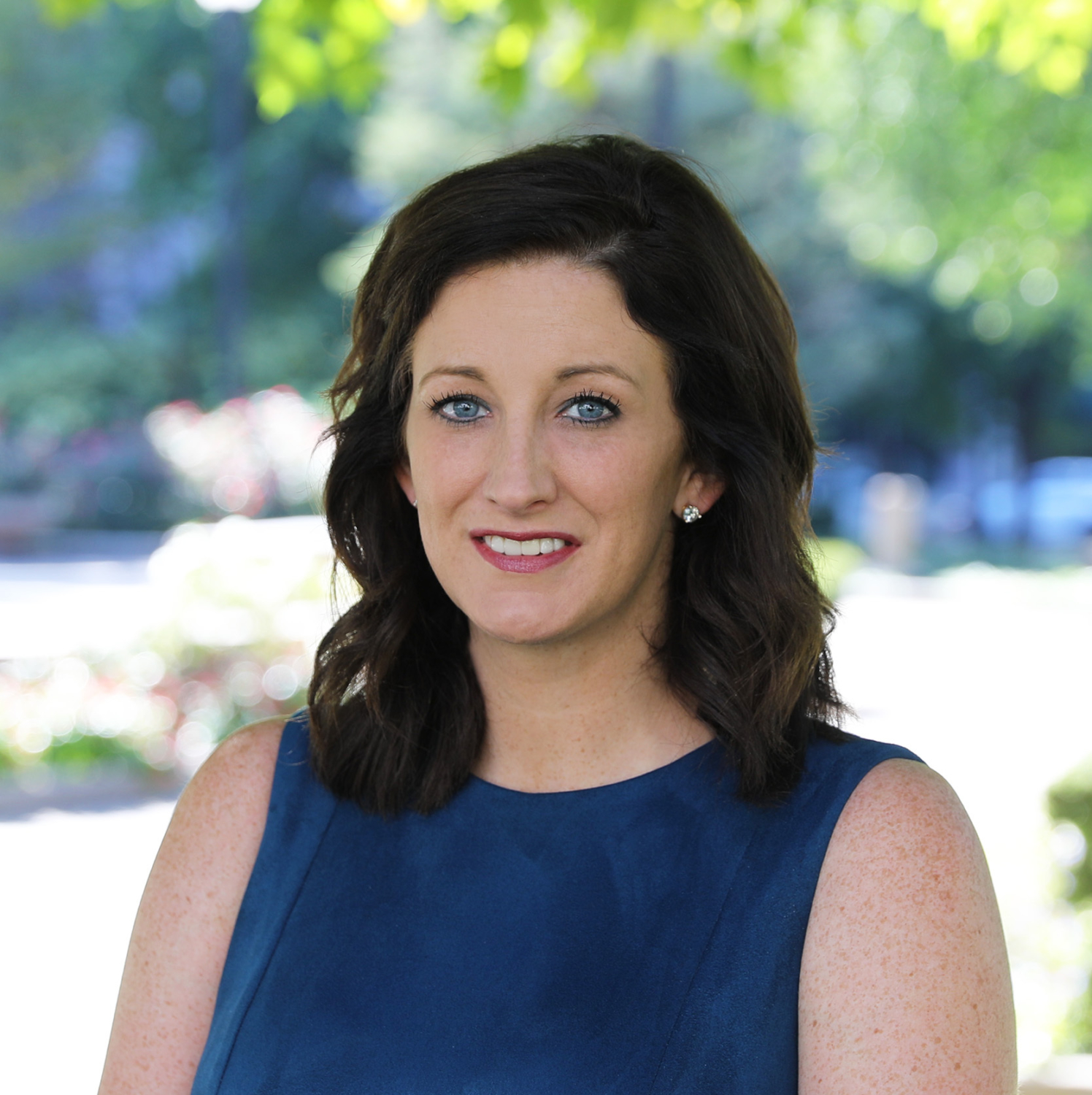BRIEF: School Choice in the States – January 2024
Each month, the EdChoice policy team breaks down into bite-sized pieces all the past month’s educational choice-related legislative movement. Many states introduced legislation to expand educational freedom and choice for families. See our rundown below.
Georgia
SB 233 was introduced in 2023 and would have created The Georgia Promise Act, a targeted education savings account for an estimated 250,000 students whose public schools have been designated as “low-achieving” by the state. The bill passed the Senate and failed in the House. It awaits further action by the legislature in 2024.
Iowa
Iowa was the first state to pass major choice legislation in 2023, in the form of the Students First Education Savings Account program. SF 2084 was introduced in January 2024, which would repeal the program. The Students First ESA currently serves nearly 19,000 students in Iowa and is growing the intense demand for educational opportunities.
Kansas
In January, HB 2506 was introduced. The proposal would allow students attending virtual schools to participate in activities that are regulated by the Kansas state high school activities
Association, such as sports and academic competitions, within their home school district. The bill has been referred to the House Committee on K-12 Education Budget.
Kentucky
In January, Representatives Josh Calloway and Shane Baker introduced HB 208, which would amend the Constitution of Kentucky so money could follow students to a learning environment of their parent’s choice. Kentucky previously passed a tax credit education savings account program, which was struck down due to issues with Kentucky’s state constitution. The bill has been referred to the Rules Committee and would require voter approval on the ballot.
Missouri
In January, Missouri policymakers proposed several bills to advance educational opportunities for families. HB 1911 would create a universal dollar for dollar refundable tax credit program with flexible use, like an education savings account. This proposal awaits action in the House.
SB 727 would expand Missouri’s existing tax credit ESA to near universal eligibility, as well as additional funding for students with need, and increasing the overall budget cap. SB 727 would also expand public charter school access.
SB 729 would create a universally eligible dollar for dollar refundable tax credit program with flexible use, like an education savings account. Parents could access an amount equal to 100% of state adequacy funding for educational expenses, or approximately $6,375.
Both Senate bills passed the Education and Workforce Development Committee and await further action on the Senate floor.
Nebraska
In 2023, Nebraska passed its first private choice program in the form of the Opportunity Scholarships Act. In 2024, Nebraska policymakers seek to both defend the program from a hostile ballot initiative, as well as expand choice options for Nebraska families. LB 1386 was introduced by Sen. Ben Hansen, which would establish a universally eligible educational savings account for students to attend accredited nonpublic schools, as well as use for other educational expenses. The proposal has been referred to the Senate Committee on Education.
New Hampshire
This bill allows school districts to adopt a program for local education freedom accounts for a parent of an eligible student to receive a grant from a scholarship organization for qualifying educational expenses at a public school, chartered public school, nonpublic school, or program approved by the department of education.
This bill extends eligibility for the Education Freedom Account Program to students who participated in the program in the preceding year, students whose enrollment transfer requests were denied, and to students in school districts which performed at 49 percent or below in statewide assessments.
This bill expands income eligibility for the Education Freedom Account Program from 350 to 500 percent of the federal poverty line.
This bill expands the eligibility of the Freedom Accounts Program by removing the income limit for certain categories and/or identities of students, including for chronically bullied students, students identifying as LGBT+, families concerned about the spread of certain infectious diseases, students who have tested in the bottom 25th percentile in state testing, students diagnosed with an eating disorder or mental illness, students living in a district exceeding PFAS drinking water standards, students in failing school districts, and students with a guidance counselor recommendation.
This bill expands the Education Freedom Account Program from 350 percent of the federal poverty line to include all students, regardless of family income.
This bill requires rulemaking by the department of health and human services on child care early education and establishes an early childhood education account program to provide funds for an education freedom accounts scholarship organization to administer grants to eligible New Hampshire pre-kindergarten children for qualifying expenses.
This bill expands the Education Freedom Account Program from 350 percent of the federal poverty line to universal eligibility.
New Jersey
The Opportunity Scholarship Act establishes a five-year pilot program in the Department of Treasury providing tax credits to taxpayers contributing to scholarships for low-income children. The maximum amount of tax credits allowable in each State fiscal year would equal 120% of the total value of scholarships awarded and administrative fees collected from school districts.
Pennsylvania
Senator Anthony Williams, a Philadelphia Democrat and longtime school choice champion, has issued a co-sponsorship memo, indicating his intent to run a version of Gov. Shapiro’s proposed school choice bill, Lifeline Scholarships. Sen. Williams’ proposal would be known as the Educational Freedom Act, and would offer targeted private school scholarships (and other expenses) to low-income students who live in low-achieving public school zones as defined by the state. Under the Educational Freedom Act, students who qualify could access scholarships for the following amounts:
- $2,500 for students in half day kindergarten;
- $5,000 for students in full day kindergarten through 8th grade;
- $10,000 for students in grades 9 through 12; or
- $15,000 for students with special needs regardless of grade level.
The proposal awaits action when the Senate session resumes on February 5th.
In late December, Representatives Joe D’Orsie and Josh Kail introduced HB 1904, which would create a universally eligible Education Savings Account program, known as Student Freedom Accounts. If enacted, the Student Freedom Account program would offer Pennsylvania parents the most broadly flexible ESA in the nation. The proposal has been referred to the Education Committee, and awaits further action when the House reconvenes in March.
Rhode Island
This act would provide parents of students in kindergarten through grade twelve (K-12) in Rhode Island with an opportunity to enroll their child in an educational program of their choosing, either via open enrollment in a traditional public school in their own district or any other public school district, or by receiving a scholarship, with designated public monies to follow the student to a participating private school or private curriculum program selected by the parent.
This act would require the general treasurer, upon a request to the department of education (RIDE) by a parent or guardian, to establish an education savings account to assist and support the parents, guardians and caretakers of students in any school district of the state with the tuition, materials, tutors, technology and other educational support for any student learning at home or at any other remote-learning site. The amounts contributed and interest earned would be exempt from the state income tax. This act would take effect upon passage.
Wyoming
The Wyoming legislature will kick off session for 2024 in mid-February. This year, as is the case with all even numbered years, is a budget session for the Wyoming lawmaking bodies. Session will last just four weeks and conclude in early March. All policy legislation will require two-thirds of the body of origin for consideration. Speaker Albert Sommers led the charge during interim on a choice bill drastically different from the measure supported by lawmakers in 2023. The bill is sponsored by the House Education Committee. HB 19 would be limited to students in households below 250% of the Federal Poverty Level. The new choice program would be limited by a $40 million appropriation with a value of $5,000 per eligible student.
Floor Leader Chip Neiman is currently considering sponsoring legislation which would place a constitutional amendment referendum on the ballot. The EdChoice stance is a constitutional amendment is not only unnecessary, and would also jeopardize support of choice measures under consideration. The legislature has many champions, and we anticipate at least one alternative bill with universal eligibility and the potential for several amendment proposals for HB 19.
Virginia
This bill would create an education savings account program for students from families with incomes not exceeding 300 percent of the federal poverty level (400 percent for students with special needs.)
This bill would create a phased-in near-universal education savings account program with a prior-public requirement by the 2028-29 school year.






